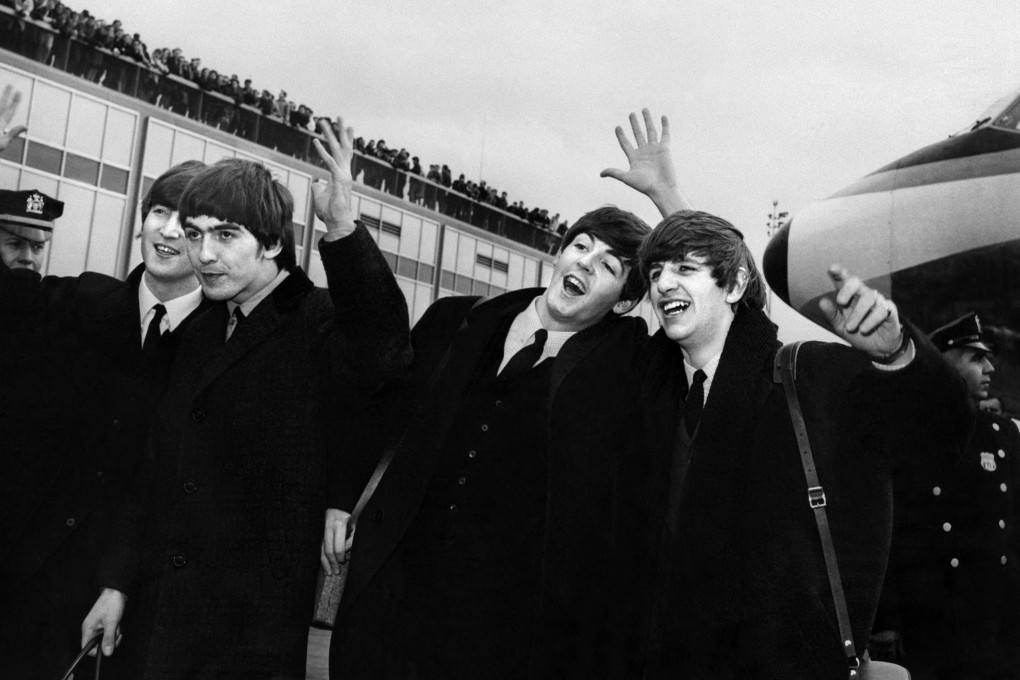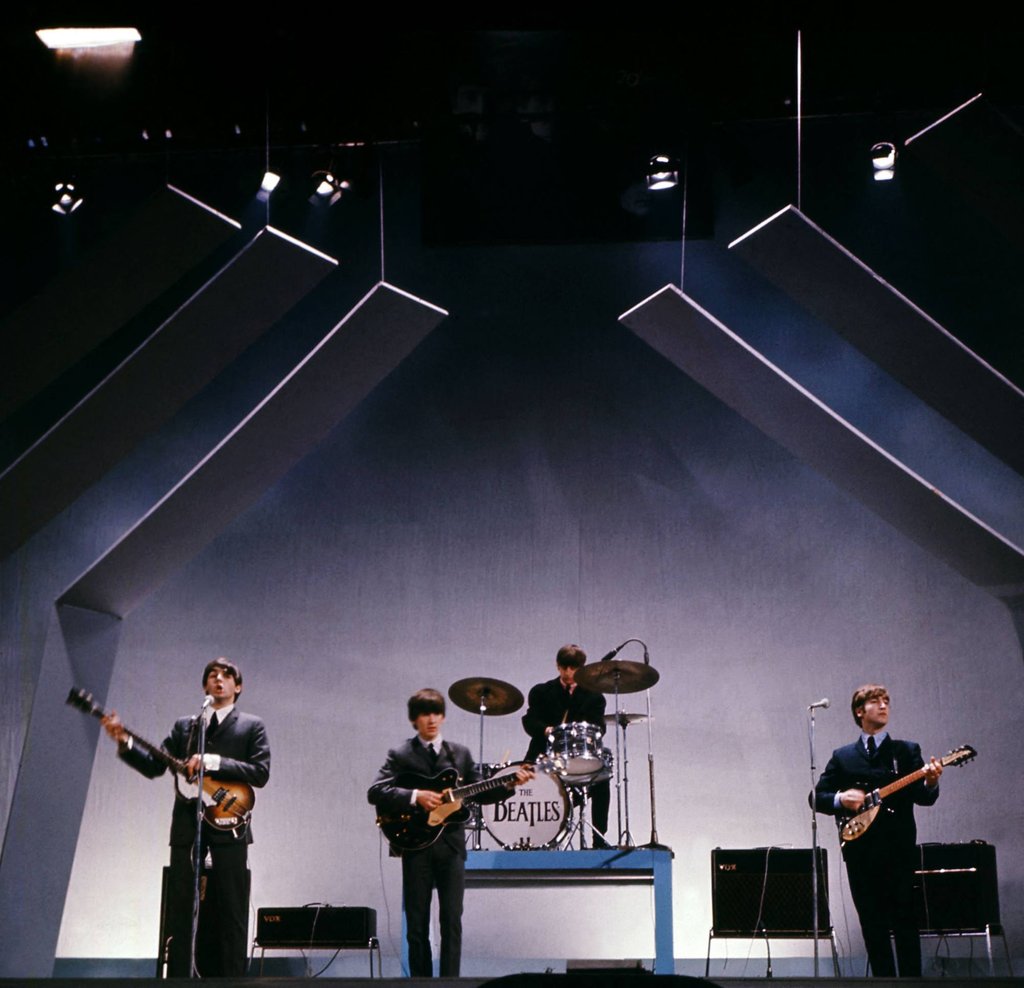Paul McCartney, in new book The Lyrics, talks about fancying Britain’s Queen Elizabeth, suing the other Beatles, the music and John Lennon ‘gleefully’ quitting the band
- The new Paul McCartney book was compiled from 50 hours of conversation into a loose song-by-song narrative that covers more than 150 tracks
- The former Beatle talks about Britain’s Queen Elizabeth, John Lennon, his 1960s girlfriend Jane Asher and the band’s break-up

Paul McCartney’s new book The Lyrics is less about his songs than his life.
The two-volume, handsome box set is drawn from 50 hours of conversation recorded over five years with poet Paul Muldoon, who shapes the transcripts into a loose song-by-song narrative that’s more enchanting than revealing.
Careening from decade to decade, and regularly invoking John Lennon, it is probably the closest thing to a memoir McCartney will ever publish, with lyric sheets and a hefty number of unseen personal photos of his family and The Beatles (McCartney, Lennon, George Harrison and Ringo Starr).
There’s nothing here even a casual admirer hasn’t heard about the writing of Yesterday or Let It Be, and the 154 songs he’s chosen to dissect will be hotly debated.

But fans will thrill to the autobiographical nuggets sprinkled along the way (he gently acknowledges keyboards weren’t Linda McCartney’s strength), as well as the surprising names who pop up (Jane Asher, a talking point he’s mostly steered clear of since 1968, when they ended their engagement).